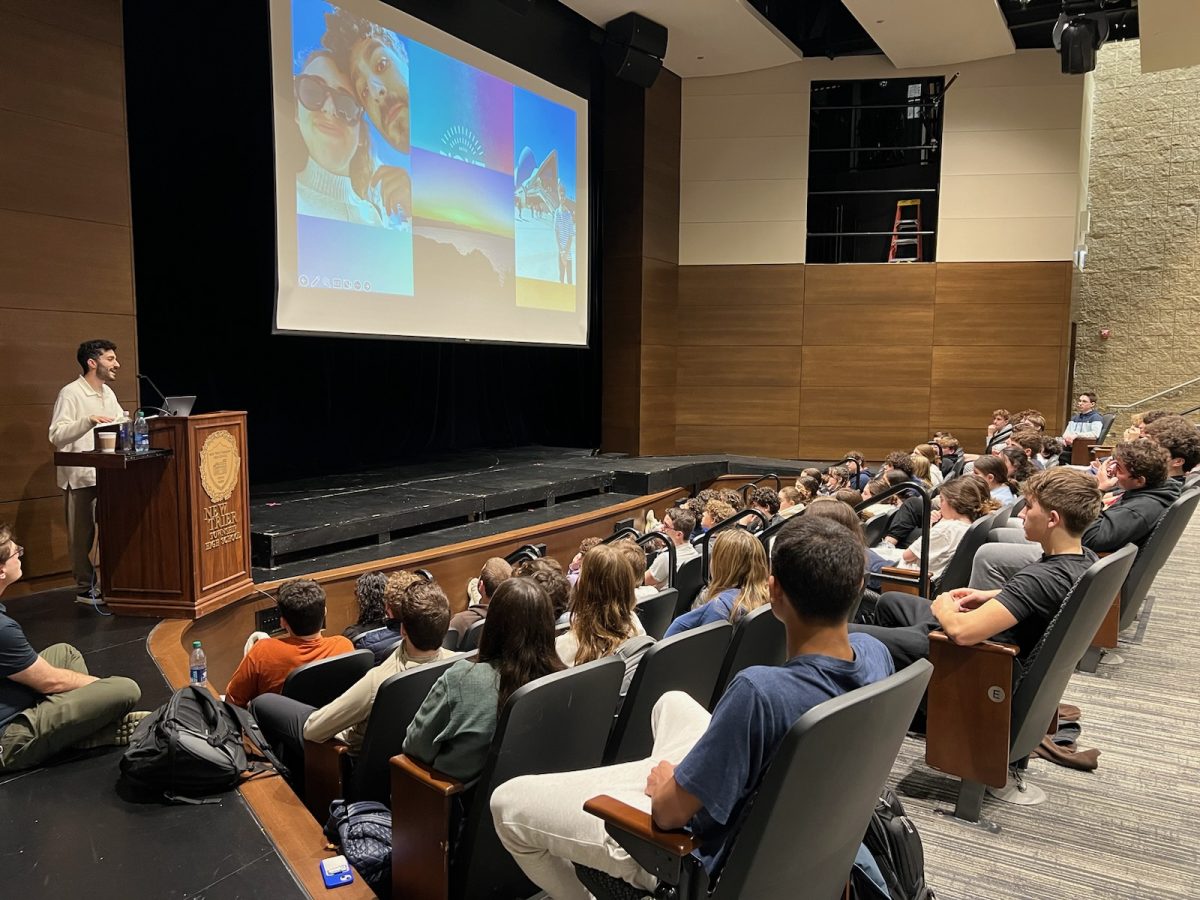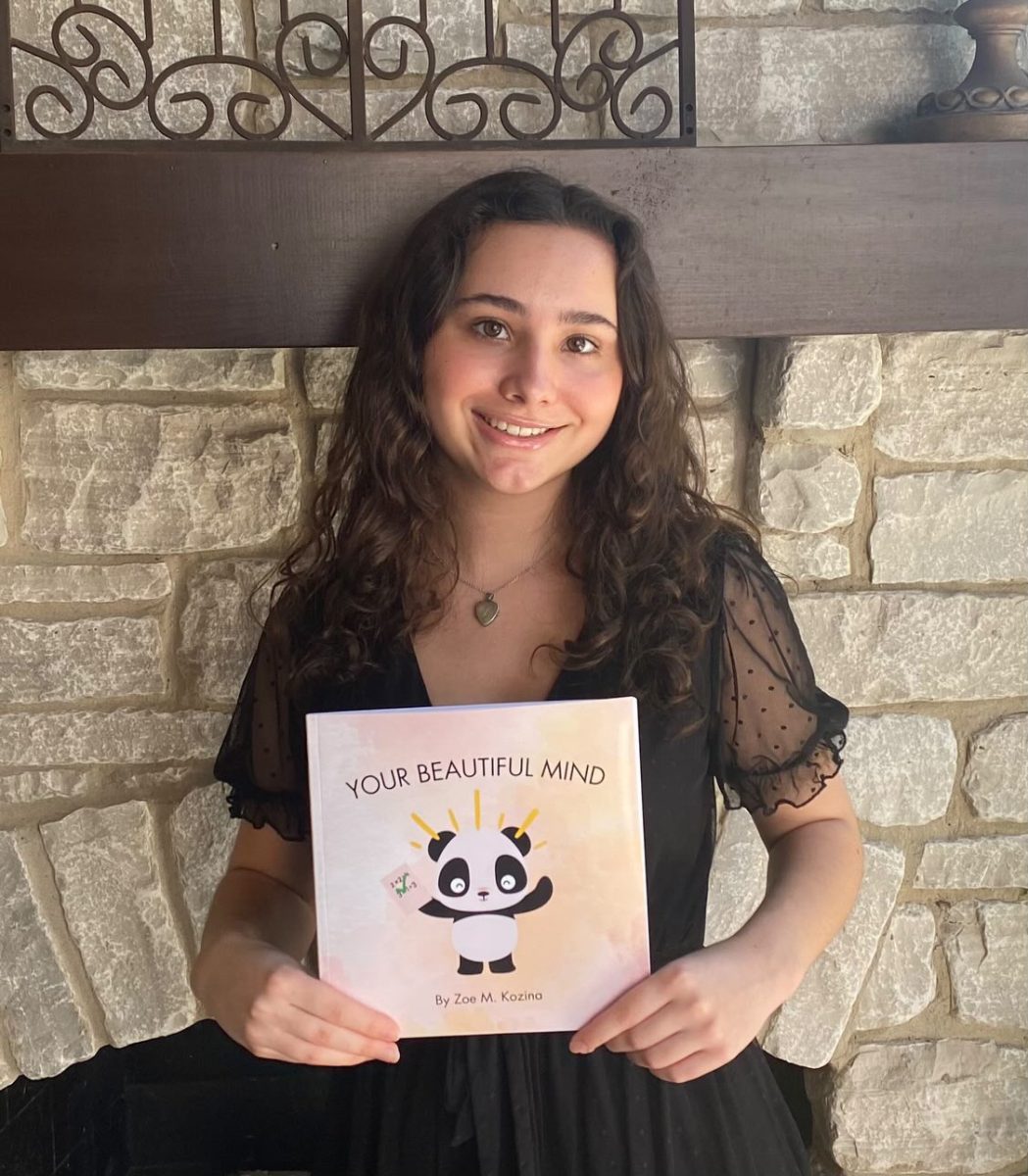Cheating: justified?
April 1, 2016
“Cheater, cheater, pumpkin eater….,” an old refrain we’ve heard since childhood is still relevant to this day.
In childhood, cheating in a card game might’ve brought shame from your friends. Now, cheating on a significant other can bring shame from your friends, your significant other’s friends and seemingly the entire school accompanied by a great deal of heartbreak.
Relationships among high schoolers often have blurred lines pertaining to commitment, and what qualifies as cheating.
One anonymous sophomore girl said, “If my boyfriend sends nudes to another girl, sexts another girl, or hooks up with another girl, I consider it cheating. One of my friends is in an open relationship. She only counts sex as cheating; everything else goes including hookups without sex.”
The general consensus is that in a committed relationship, hooking up with other people is definitely out of bounds.
Reasons why people cheat in their relationships differ from person to person. Many people will cheat in their relationships if they’re unhappy or dissatisfied.
Senior Rabel Kapadia said, “People cheat because they’re not happy in their relationship and they’re scared that if they leave them, they might do something drastic.”
Many times, avoiding conflict and a messy breakup appeals to a lot of people, as does preserving the security and comfort that a companion can provide.
One anonymous senior explained that he and his long term girlfriend would be going to college soon enough and wouldn’t stay together, but a breakup now would spoil senior prom for them.
Although he admits to cheating, he stated, “We’ve basically been together for the majority of high school. She’s my best friend, and we have the same friend group. We’re planning on going to Lollapalooza together. If we broke up now, our friend group would be torn. We wouldn’t have prom dates, and she’d be so upset. It’s honestly just easier all around that I have other girls on the side, so she doesn’t need to know anything.”
While some people may cheat to avoid conflict, others cheat out of impulsivity. One anonymous junior boy said, “I feel like kids are so young and so immature that like they see something that they like and they want to go for it. They don’t necessarily take into consideration the other person’s thoughts or feelings.”
Incidents of cheating often occur at parties after a night of drinking or after a big fight.
Senior Frankie Valencia said, “Being in an altered state of mind increases the likelihood of cheating, when you don’t know what you’re doing and you might do something that you wouldn’t normally do.”
Sometimes, people are merely restless in their long-term relationship and need someone new to preoccupy themselves with. Senior Anna Jessup said, “People cheat when they’re bored.”
Boredom that accompanies monogamy can make some people restless. Kapadia believes that emotional attachment is devoid in any cheating situation.
“I think it’s all sexual pleasure.” An anonymous senior boy believed cheating in his case was purely sexual. He said, “The reason people cheat is because whoever you’re cheating on, you know, doesn’t give you what you want, let’s say sexually, so you’ll find someone who does.”
New Trier social worker, Amy Offenbach, said there are many factors that lead teens to cheat. Offenbach said, “I think not getting what you want whether it’s emotionally or physically. You may look elsewhere for it. I also think sometimes the attention is something that students really like and so finding it in different places- whether they’re healthy avenues or not- can be attractive.”
Senior Melissa Bischoff sees a relationship having two defining points when people are most likely to cheat. Bischoff said, “People either cheat in the beginning when things aren’t very serious yet or after a while, like over a year, when things start to get boring.”
Relationships typically turn boring for teenagers when their relationship feels too routine or predictable.
Offenbach noted that the aftermath from cheating is almost always negative. She said, “Usually there’s a lot of guilt a lot of anger. From stories that I’ve heard from students, it usually doesn’t end well for either student.”
Cheating can cause, if not worsen, a toxic relationship. The majority of people felt they wouldn’t stay with a cheater in order to avoid a toxic relationship. Junior Dorrie Mbuyi said, “Once a cheater, always a cheater.”














































